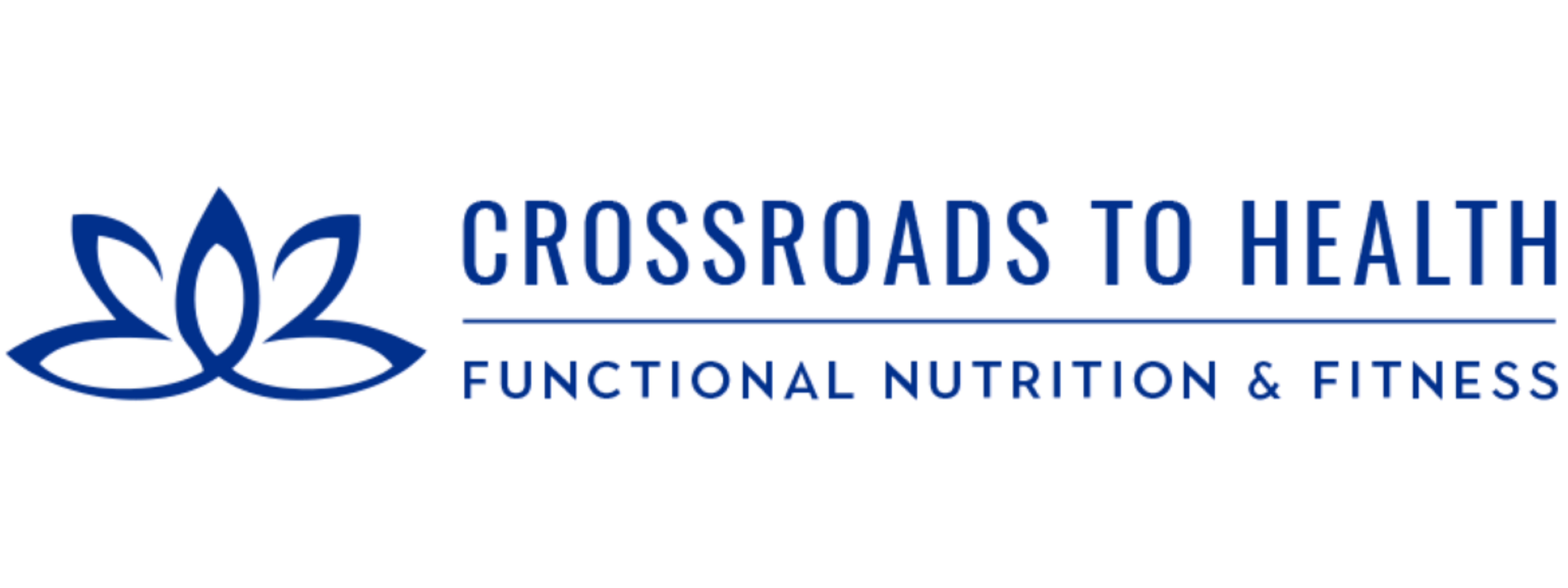Combating Seasonal Allergies

If you have seasonal allergies spring time can be very difficult. It's estimated that 25% of all humans deal with seasonal allergies. Besides relying on standard over the counter approaches like antihistamines and steroid nasal sprays, there's a lot you can do to find relief.
Lifestyle/Behavioral Changes
Although seasonal allergies are triggered by exposure to airborne substances, especially pollens, the underlying cause is likely a mix of genetics and environmental exposure. Filter your indoor air Pollen, dust and other particles will eventually get in to your home and it's best to filter the air you're breathing. If you have central air conditioning you can use allergy-certified air filters. For free standing air filters the most important locations are the bedrooms and living area. HEPA air filters are best which capture 99.97% of all particles 0.3 microns (the size of a pollen spore) in diameter or larger that enter it. Nasal irrigation Neti pots look like small watering cans and can be used to rinse the nasal passages. Neti pots can be very helpful to thin mucus and help flush it out. Move away from windows Keeping windows closed can help to minimize exposure. Moving the bed away from windows can also help so pollen and dust do not settle on your sheets. Washing sheets frequently as well as clothes worn outside is also important. The above strategies are known to reduce overall exposure but we also want to support immune function and reactivity by the body.
Immune and Allergy Support
Quercetin-is a very beneficial flavonoid that is found in apples and onions. Quercetin is best known as a mast cell stabilizer which means it prevents the mast cells from releasing histamine. It's also an excellent antioxidant and has been shown to help those with asthma. Bromelain-is considered a proteolytic enzyme that comes from pineapples. Bromelain support sinus and respiratory health by thinning mucus. It can also reduce swelling in the sinuses and reduce inflammation. Stinging nettles leaf-is a plant extract that has been shown to balance immune response, specifically in the airways and nasal passages. It helps control histamine action, contributing to a balanced inflammatory response. Vitamin C-long been known as an immune support supplement that can also work hand in hand with quercetin to reduce allergy symptoms. Extra amounts are needed during an attack. Omega 3 fish oil-helps to reduce inflammation in the body and is a foundation supplement to support overall immune function.
Treating Before Allergy Season
The most effective way to treat seasonal allergies is to treat the body's imbalance before the advent of the allergy season. By strengthening the endocrine system and bringing the immune response into balance, the cascade of inflammation will no longer be out control, taking over the body's response system. Instead, the body will be able to generate a healthy response, without falling back into the pattern of unstable bio-feedback loops that send the body into the full blown allergic/histamine response state. Receive individualized support for your concerns. Schedule a complimentary strategy session here.

